High budget deficit puts financial stability at stake
Economic managers say that a high budget deficit and delay in corrective measures has put Pak's financial stability at stake.
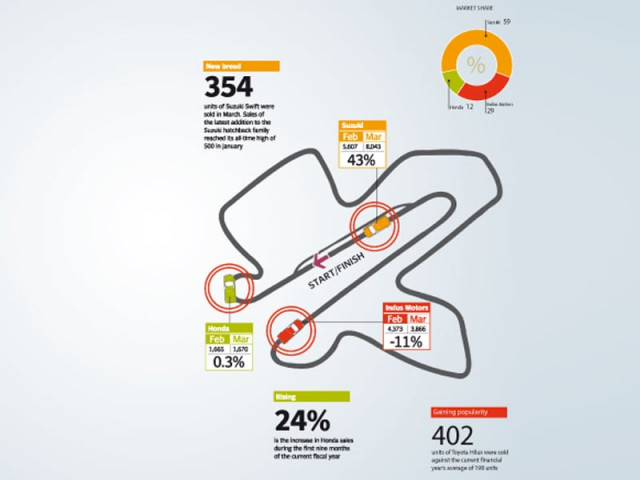
Prime Minister Yousaf Raza Gilani visited the Q-block on Friday where finance ministry officials gave a comprehensive presentation, depicting a true but frightening picture of the state of economy, sources said.
The ministry officials said the overall budget deficit during financial year 2009-10 stood at an unprecedented Rs909 billion against a revised target of Rs769 billion.
Announcing the last budget, the government had fixed the budget deficit target at 4.9 per cent of gross domestic product or Rs724 billion. Later, it revised the target to 5.1 per cent but, according to provisional estimates, it ended up at 6.2 per cent.
In 2007-08, the budget deficit was recorded at Rs777 billion, equal to 7.6 per cent of GDP.
Sources said the bottom line of the briefing was that the government needs to take practical measures to bring down the deficit, restructure bleeding public-sector enterprises, restrict unnecessary foreign tours of ministers and slash administrative expenses.
In 2009-10, the government had also been unable to collect taxes according to the potential because of pressure from various lobbies.
Sources said the ministry officials cautioned the PM that if the budget gap was not bridged in the current financial year, foreign donors may suspend release of funds. This, in turn, will mount pressure on the rupee, which may sink to new lows.
In fiscal 2010-11, the government has estimated budget deficit at Rs684 billion or four per cent of GDP on the assumption that provinces will present a surplus budget of one per cent of GDP or Rs170 billion. However, provincial budgets show that they may end up showing a one per cent deficit, suggesting this year too the overall deficit will be six per cent instead of four per cent.
The ministry officials also told the prime minister that the country may need to restrict imports of luxury goods to save foreign reserves in case the donors backed off.
They said inflation has again started increasing and for that matter tight fiscal and monetary policies will remain continue this fiscal year, indicating interest rate may not be reduced.
Sources said the finance ministry also sought support of the prime minister for implementing a reformed General Sales Tax from October 1. After failure to levy Value Added Tax from July 1, the government has given a new slogan of reformed GST but much depends on the support of provinces.
Gilani directed the finance ministry to take austerity measures and become an example for others. He reportedly questioned appointments in the ministry on hefty packages.
Published in The Express Tribune, July 10th, 2010.



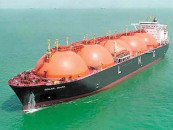
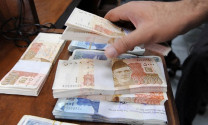
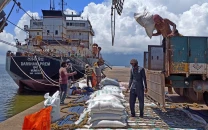



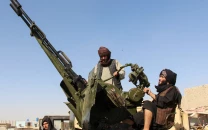
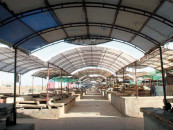
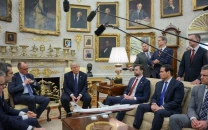
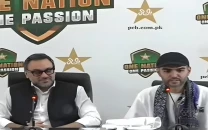






COMMENTS
Comments are moderated and generally will be posted if they are on-topic and not abusive.
For more information, please see our Comments FAQ